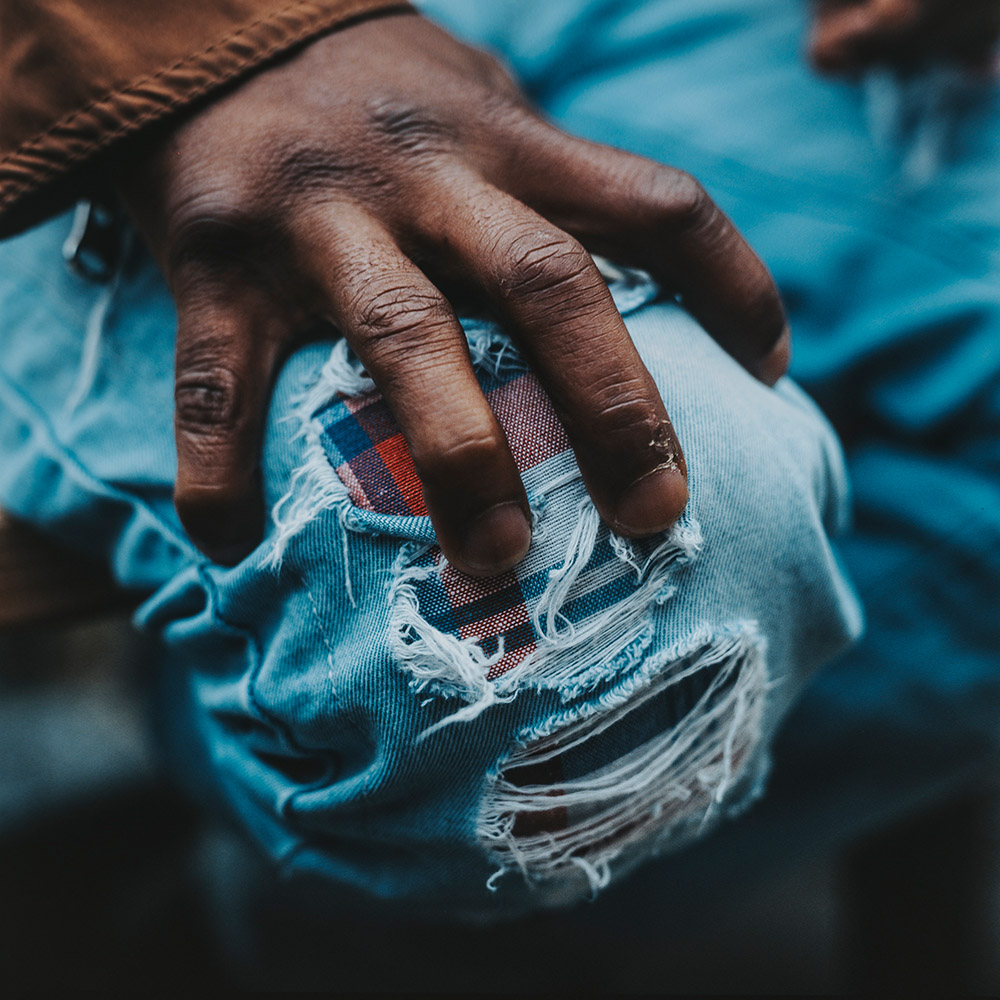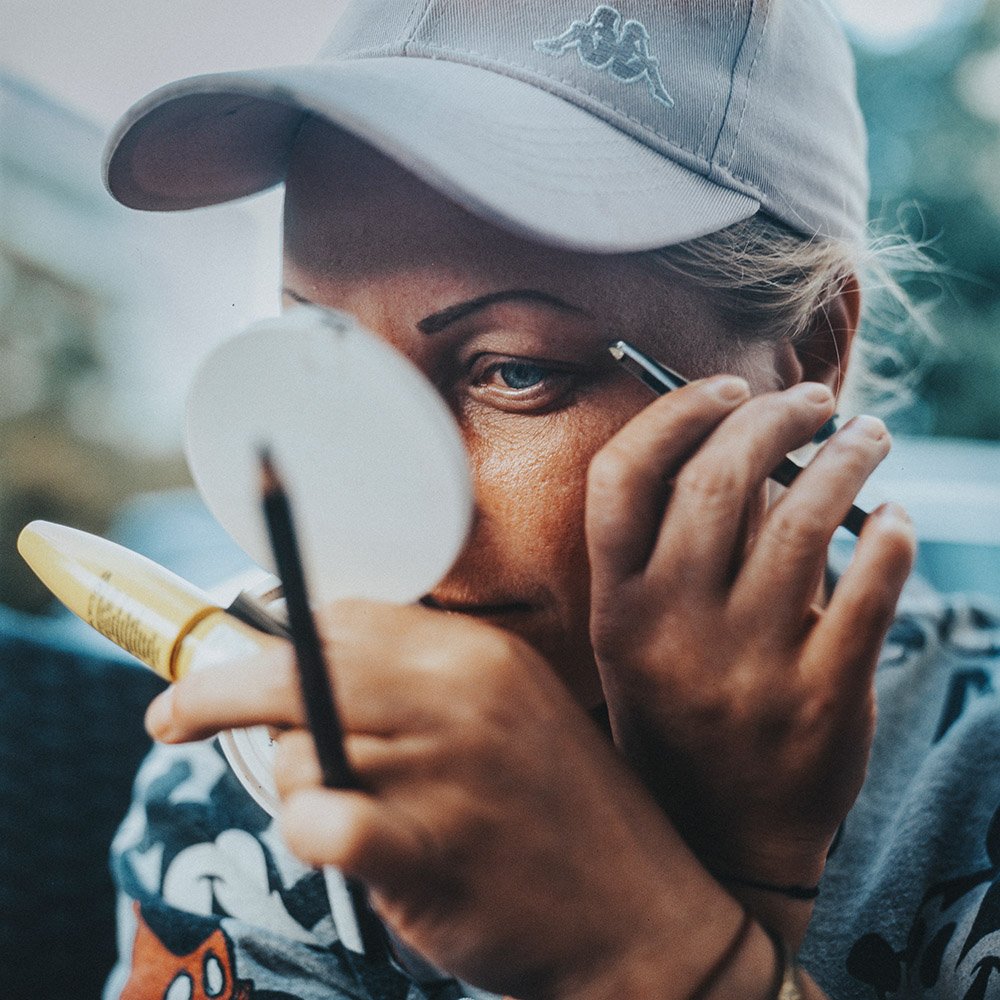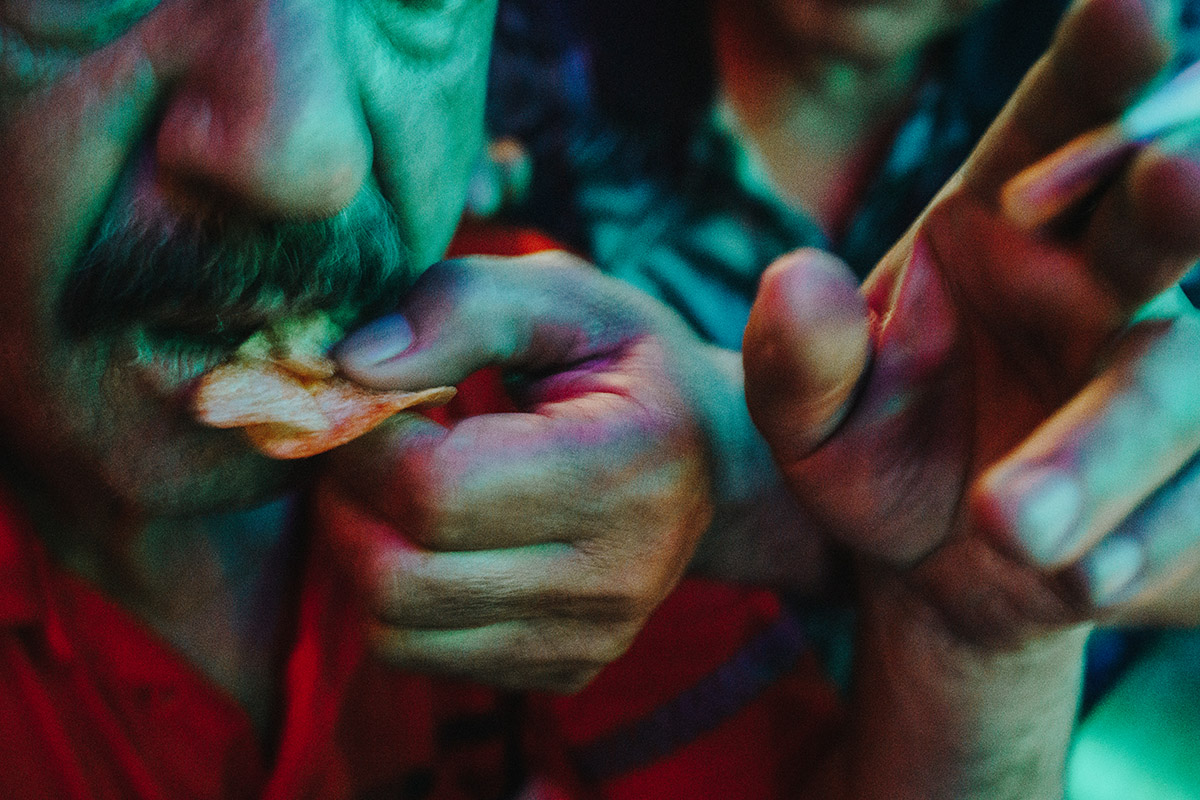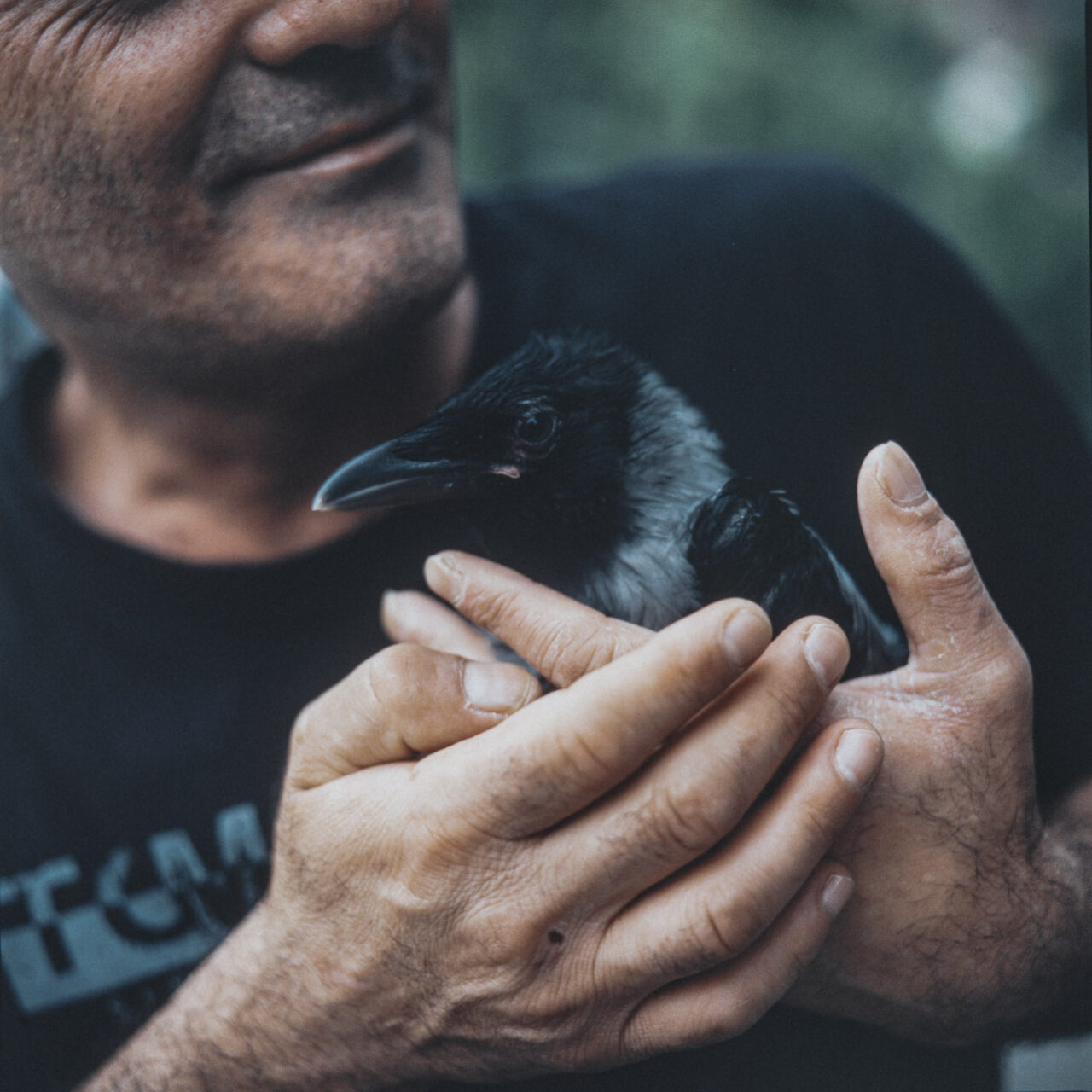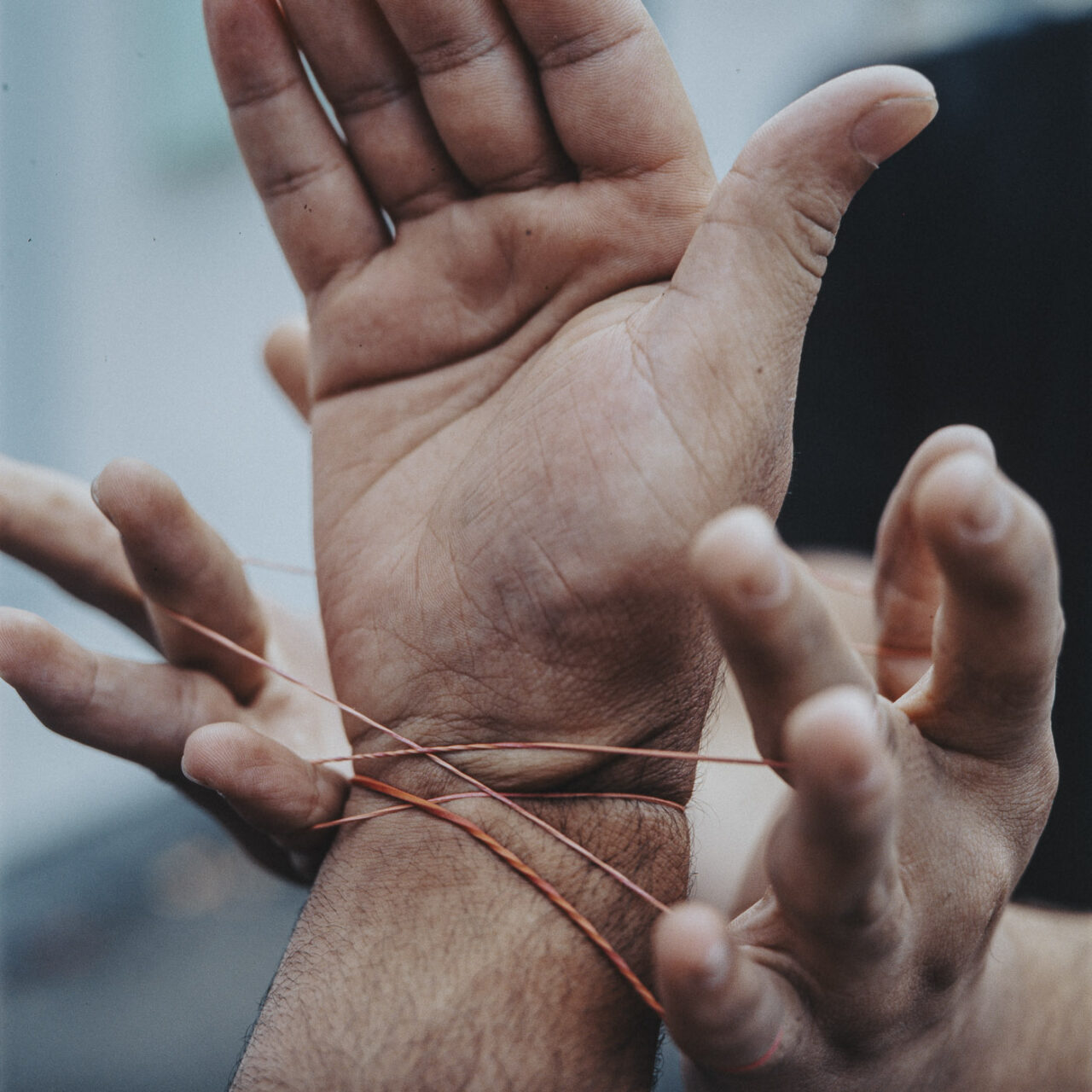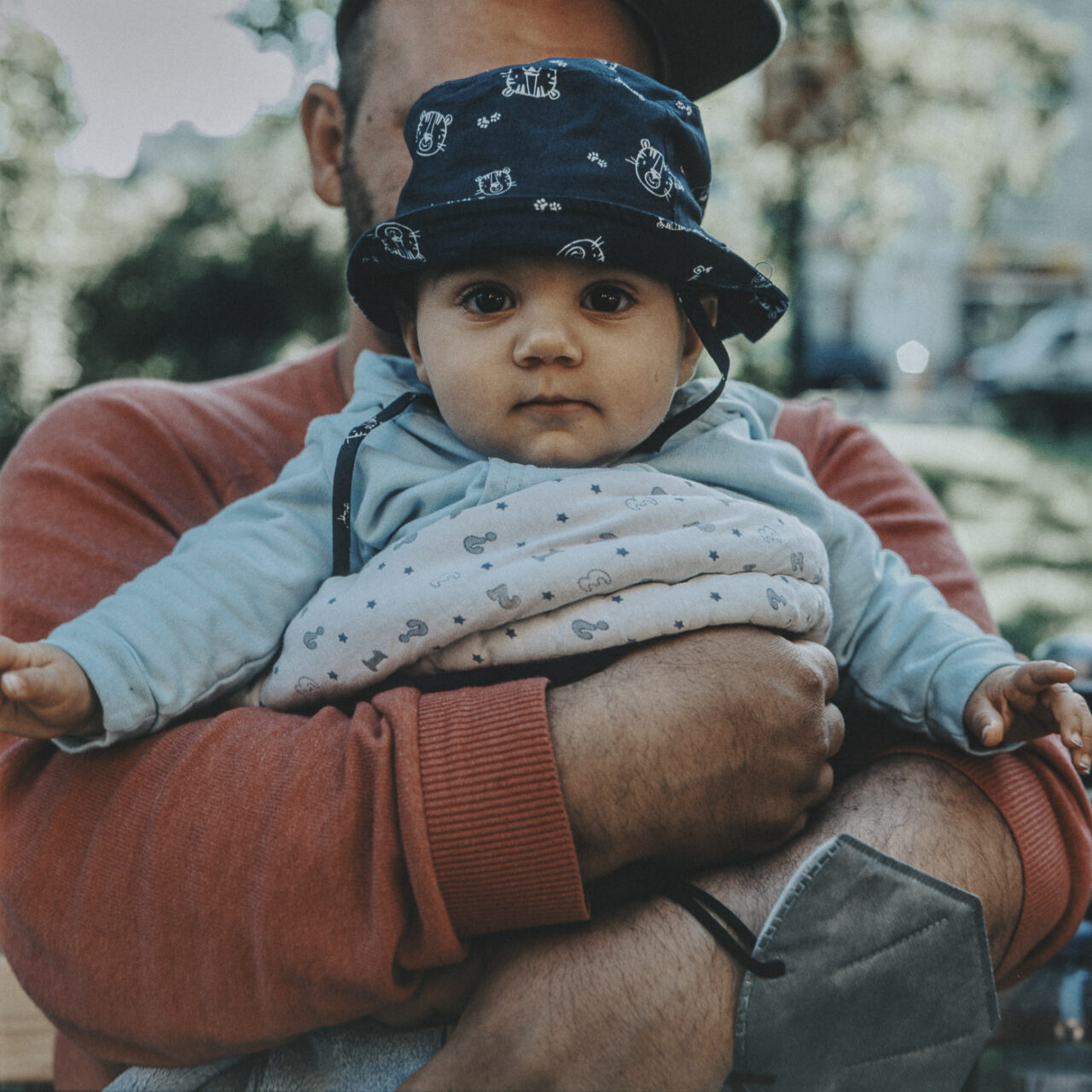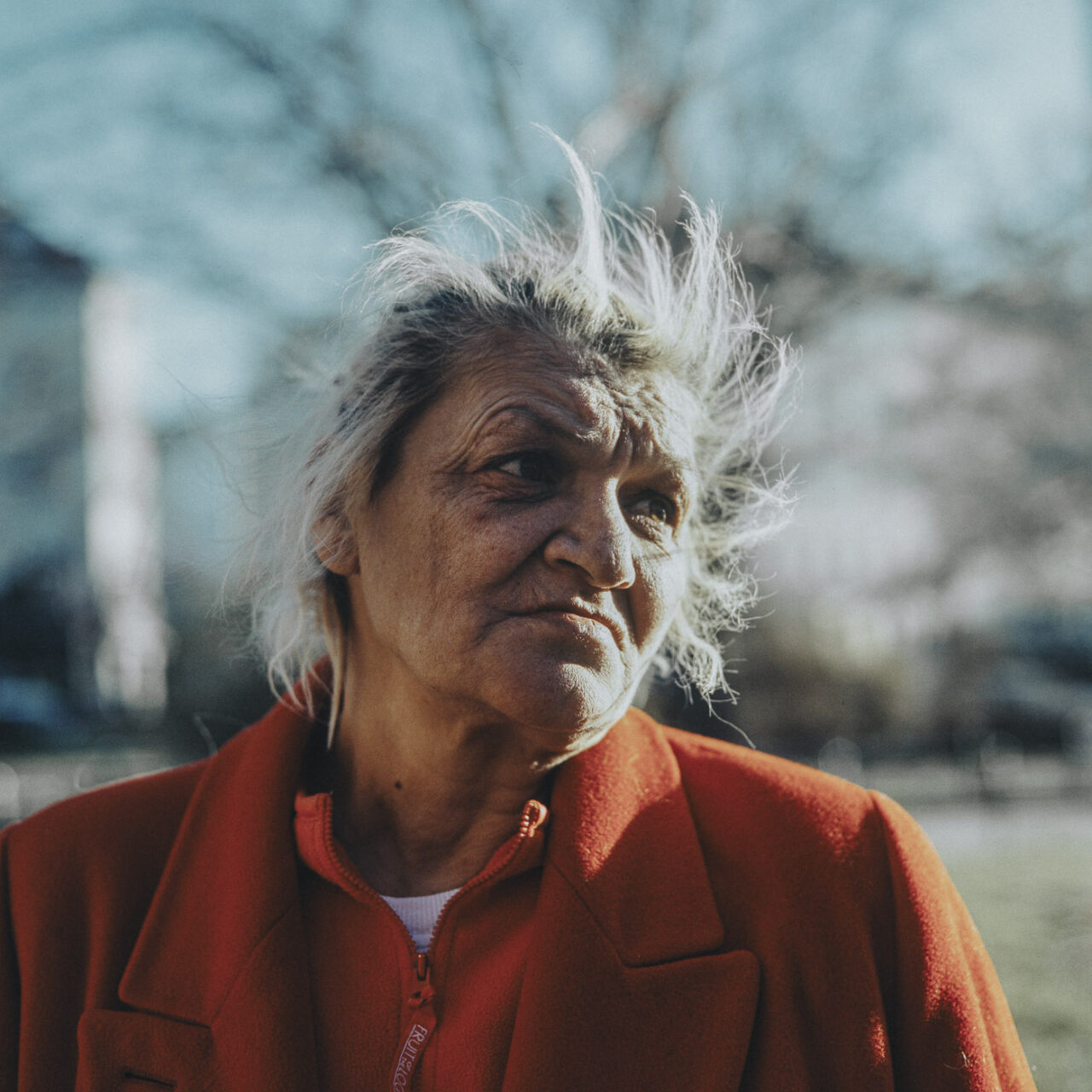“Neighbours” started with a few observations: although I am living in Vienna for nearly twenty years, I have yet to make one immigrant friend. Every circle I ever entered was full of white middle class people.Then, ten years ago I moved into a traditional working class district of Vienna. When leaving my flat, I enter a totally different world than the one I know. My neighbours are mainly from the European periphery and a German word is hardly to be heard. If we assume that the district is still a working class district, does that mean that the working class of this town is migrant?
For nearly eighty years, Austria was a largely homogeneous society. That changed in the nineteen nineties. First we thought it was due to the Yugoslav war, but we had to realize that it was globalisation that changed the ethnic constitution of this country. Yet, when we look at our public sphere, we could get the impression that nearly nothing changed at all.
These observations made me look a little closer. Starting with the pandemic I hardly ever left my hood. I became aware of the fact that I am the Other, as soon as I enter the streets here. And I spent a lot of time wandering around the streets where I live. I felt estranged sometimes by even entering the inner city districts with their white middle class population and problems. It made me aware how strongly the social fact of class is entangled with ethnicity in this town – and how our political discussions of the last thirty years have been blind of the consequences that come with it.
